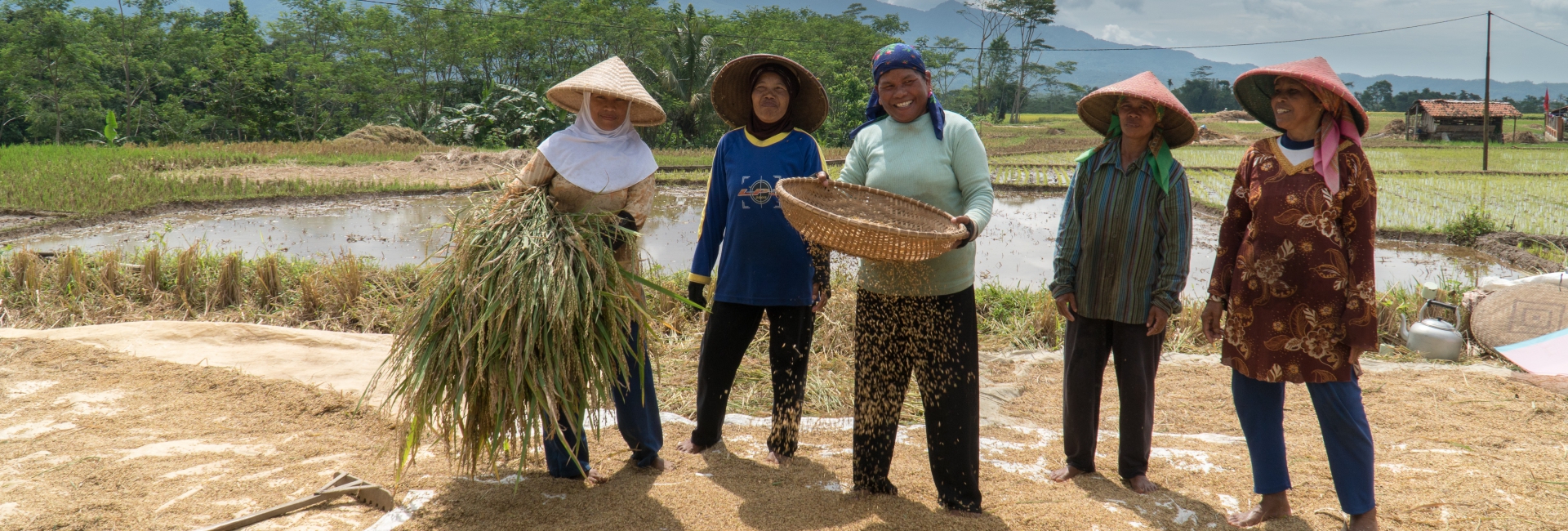GEDSI (Gender Equality, Disability, and Social Inclusion) Lessons Learned Document presents GEDSI knowledge from KSI partners and other organisations who are champions in mainstreaming GEDSI in their research and advocacy. This book aims to enrich the knowledge-to-policy (K2P) process with perspectives from marginalised communities and to provide advice on how to involve these communities throughout the process. Part of this is how to make fieldwork accessible to people facing challenges arising from disability or gender-based discrimination. The book aims to help those responsible for research and advocacy find support and examples of how to take research with marginalised communities forward, including finding ways for marginalised communities to have a say in how and when they want to be involved.
The collection of 30 stories highlights the importance of integrating knowledge into policy by involving vulnerable groups as sources of knowledge and advocates. The collection of stories shows how marginal groups play an important role, not only as research respondents but also in their participation in decision-making and policy structures. In research with a GEDSI perspective, it considers the participation of research subjects in determining the scope, form of study and utilisation of communication and research results. The concept of representation, which is an important part of advocacy, plays a role in forming better and more inclusive policies.
KSI played a catalytic role in the development of the book by (1) initiating public discourse about the importance of mainstreaming GEDSI in research and advocacy and (2) promoting collaboration and knowledge sharing. This book features contributions from 58 researchers and activists from 3 universities, 13 research institutes, and 8 non-governmental organisations as well as partners from other DFAT programs such as the Australia-Indonesia Partnership for Justice Phase II (AIPJ2), Abdul Latif Jameel Poverty Action Lab Southeast Asia (J-PAL SEA), Australia-Indonesia Partnership for Gender Equality and Women’s empowerment (MAMPU), and Indonesia Australia Partnership for Infrastructure (KIAT).



